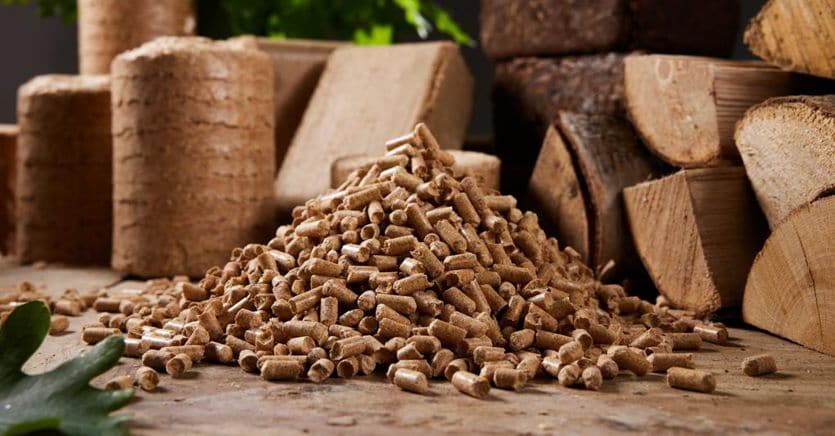It is another step in the path of strengthening biofuel production. And it adds a new segment to those already existing that makes Gela a strategic production site in the geography of Eni plants. The project for the construction of the new production module in Eni’s biorefinery in Gela, dedicated to the production of biofuels for aircraft, which already employs over a thousand direct workers and which is preparing for this new expansion of production, moves along these lines. a perspective of ecological transition aimed at decarbonisation.
In this case it is the plant which, once completed, will produce a biofuel intended only for aircraft: “Today – explains Michele Viglianisi, Eni’s Biorefining and Supply Manager – we even in the absence of the plant we are talking about, that is that of Gela, we are already producing biojet. But to do this we use a biorefinery and a traditional refinery in an integrated way. I’ll give you an example: I produce a semi-finished product of biological origin in the Gela biorefinery and then I do the other part of the job in Livorno. Tomorrow all this will be done only in Gela and also in Venice. Because we are developing units for the production of biojet both in Venice and in Gela, however, from the point of view of the quality of the biojet, Gela will come first ». In this phase, Eni Biojet is the Saf (Sustainable aviation fuel) produced in the Eni refinery in Livorno, in synergy with the biorefinery in Gela, from waste raw materials, animal fats and exhausted vegetable oils: the Saf is mixed at 20% in Jet Fuel Eni.
The Venice biorefinery, in Porto Marghera, is the first example in the world of converting an oil refinery into a biorefinery for the production of hydrogenated biofuels obtained from biogenic raw materials; has been in operation since 2014. Since 2019 Eni has started up the biorefinery in Gela where, in March of last year, the new Btu (Biomass Treatment Unit) plant was started up and tested, which allows the biorefinery to use up to 100% biomass waste. Eni aims by 2025 to double the capacity of its biorefineries to reach 2 million tons and within the next decade Eni’s biorefinery capacity will grow to 6 million tons per year. An investment of about seventy million has been planned for the new “module” in Gela: the project has already been presented and is at the stage of environmental impact assessment. “The project at the moment is at the Ministry of Ecological Transition and therefore in the authorization phase – adds Viglianisi -. I must tell you that we have registered a great interest on the part of the ministry officials who came to Gela to see the characteristics, area and perspectives of a social nature up close. We hope that the authorization will arrive within the year ». Meanwhile, Eni’s technicians are moving forward in the planning phase of the intervention with the aim of setting up the work within the year once all the authorizations have been obtained. The construction should be completed by the first half of 2024. Thanks to the unit that will be built in Gela, Eni will be able to produce up to 350,000 tons of biojet per year which will be added to those produced by Venice: in total, as With these two biorefineries, Eni will produce over 500,000 tons of biojet per year. “We think – concludes Viglianisi – that we can decarbonise with biojet today, but of course steps forward must be made and research into other possible tools is also important”.
